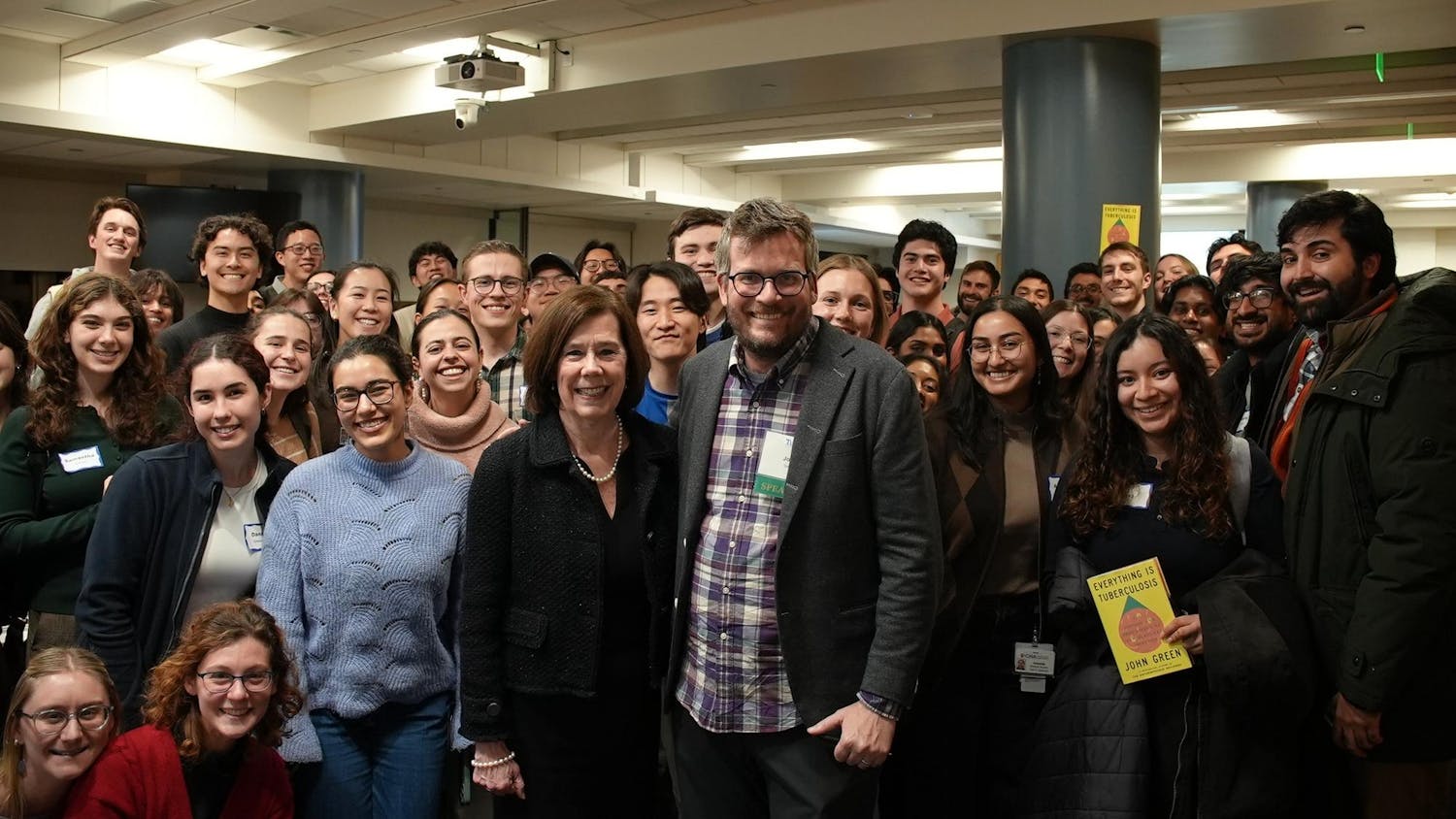What is the United States? Well, 50 states and D.C. of course, but there are also 11 unincorporated unorganized territories, four unincorporated organized territories and one incorporated unorganized territory. Of these, five are inhabited.
About four million American citizens inhabit these Pacific and Caribbean islands — conquered, claimed or bought by the U.S. as it ran out of continental destiny to manifest. The vast majority of them live in Puerto Rico.
The island is an unincorporated organized territory of the U.S. — a partially self-governing entity to which the entire U.S. Constitution doesn’t automatically apply. Puerto Ricans are U.S. citizens and pay federal taxes. Yet, they have no congressional representation and cannot vote in presidential elections.
The island is trapped in a legal cage not of its own making. Puerto Rico is saddled with more than $70 billion in public debt, has been in a recession for more than a decade and is still struggling to recover from Hurricane Maria, which devastated the island in 2017. But it has no say in the government institution most able to solve these problems — the U.S. Congress. Nor does it have the political autonomy to develop its own solutions or find alternatives. Not that independence and the prospect of facing its debt alone is necessarily a good option either.
Part of the problem is that territories, unlike states, lack sovereignty. Officially, the only sovereign authority in the territory is that of the United States itself. While the island has an elected governor and legislature, they only exist via an act of Congress, which could, in theory, be repealed at any time. The U.S. Congress has final say over all laws passed by Puerto Rico’s government.
Because Puerto Rico is not independent, it cannot seek debt relief or aid from the World Bank or other institutions. Because it has no representation, it has little influence on the federal policies that determine its fate. I suspect we all understand the importance of representation intuitively, but to understand the impact of congressional representation numerically, consider the Federal Emergency Management Agency's response to the 2017 hurricane season. In the first nine days after Hurricanes Irma and Harvey, Florida and Texas both received nearly $100 million in disaster relief. In the same period after Maria, Puerto Rico got just $9 million.
On top of all this, the last three years have seen Puerto Rican self-government undermined in new, even more undemocratic ways. In 2016, then-President Barack Obama signed the Puerto Rico Oversight, Management, and Economic Stability Act. The law establishes a seven-member oversight board to restructure the territory’s debt, with the authority to approve or reject Puerto Rican government policy. The members are appointed by the president, for whom Puerto Ricans can’t vote. While the measure has shielded Puerto Rico from default, it does little to address the underlying political and economic problems that have weakened the island’s economy, causing the debt in the first place.
Puerto Rico is trapped in political limbo. It reaps none the benefits of independence nor any of statehood. Until this changes, it seems unlikely that the island's problems will be solved.
More from The Tufts Daily
Road to the World Cup: Tournament opinions at Tufts
By
Antonia Toro
| February 19





